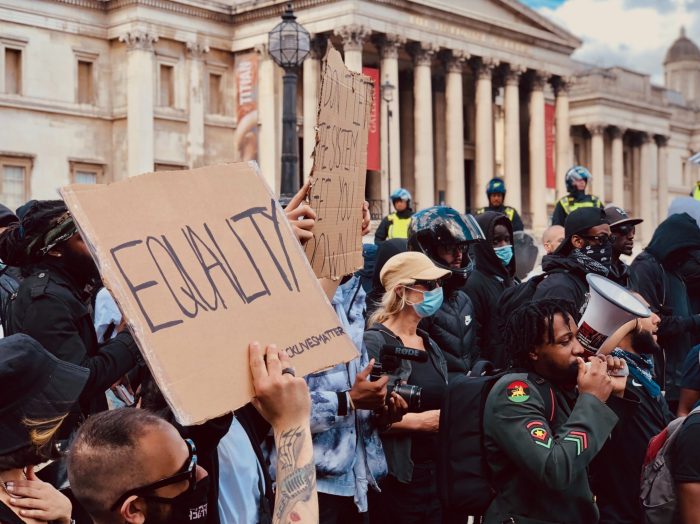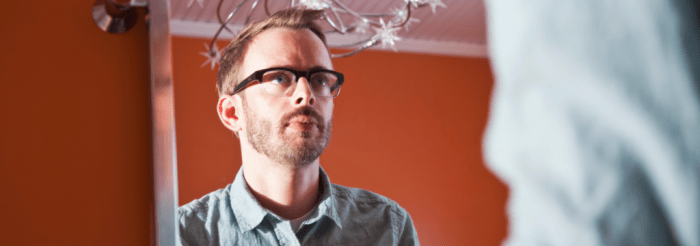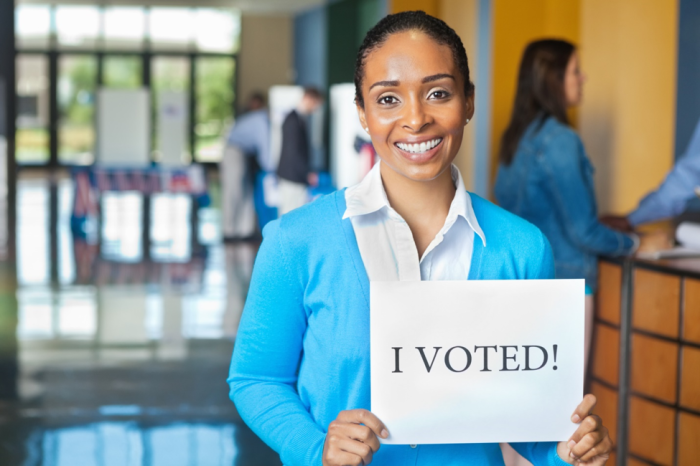Counselors practice unintentional racism when they unknowingly exhibit racial biases in their work, often stemming from systemic and societal factors. These biases can significantly impact client-counselor interactions and hinder the provision of culturally sensitive and equitable counseling services.
Understanding the root causes of unintentional racism in counseling is crucial for addressing it effectively. Cultural differences, stereotypes, and unconscious biases shape counselor perspectives, contributing to its prevalence. By recognizing these factors, counselors can take proactive steps to identify and mitigate their own biases.
Unintentional Racism in Counseling Practices: Counselors Practice Unintentional Racism When They

Unintentional racism, often referred to as implicit bias, is a pervasive issue that can manifest in various forms within counseling practices. Counselors may unknowingly exhibit racist attitudes and behaviors due to ingrained stereotypes, cultural differences, and systemic biases, impacting the quality of care provided to clients.
Examples of unintentional racism in counseling include:
- Assuming a client’s needs based on their race or ethnicity
- Using language or nonverbal cues that convey negative stereotypes
- Interrupting or dismissing clients of color more frequently
- Failing to recognize and address cultural differences that may affect the counseling process
Root Causes of Unintentional Racism in Counseling
The roots of unintentional racism in counseling are complex and multifaceted. Systemic and societal factors, such as:
- Racial disparities in access to quality education and healthcare
- Stereotypes and prejudices perpetuated by the media and popular culture
- Institutional racism within the counseling profession itself
Cultural differences and stereotypes can also shape counselor perspectives and lead to unconscious bias. Counselors who are unfamiliar with certain cultures may make assumptions or judgments that can create barriers in the counseling relationship.
Addressing Unintentional Racism in Counseling, Counselors practice unintentional racism when they
To address unintentional racism in counseling, it is essential for counselors to:
- Identify and acknowledge their own biases
- Receive training on cultural competence and sensitivity
- Create a safe and inclusive environment for clients of all backgrounds
- Use evidence-based practices that are culturally responsive
By taking these steps, counselors can mitigate the impact of unintentional racism and provide equitable care to all clients.
Impact of Unintentional Racism on Clients
Unintentional racism can have significant negative consequences for clients seeking counseling services:
- Clients may feel misunderstood or dismissed
- They may be less likely to seek help in the future
- The quality of the counseling relationship may be compromised
- Clients may experience increased stress and anxiety
Culturally sensitive and responsive counseling practices are crucial for addressing the needs of clients from diverse backgrounds.
Recommendations for Promoting Equity in Counseling
To promote equity in counseling and reduce unintentional racism, the following best practices are recommended:
| Best Practice | Description |
|---|---|
| Cultural competence training | Counselors should receive ongoing training on cultural competence and sensitivity to enhance their understanding of diverse cultures. |
| Self-reflection and bias awareness | Counselors should engage in self-reflection to identify and address their own biases. |
| Inclusive language and communication | Counselors should use inclusive language and avoid using stereotypes or assumptions. |
| Cultural adaptations in counseling | Counselors should adapt their counseling approach to meet the specific needs of clients from different cultures. |
| Collaboration with community organizations | Counselors should collaborate with community organizations to gain insights into the cultural backgrounds of clients. |
Case Studies and Real-World Examples
- A study by the American Psychological Association found that African American clients were more likely to be diagnosed with personality disorders than White clients, despite having similar symptoms.
- A survey by the National Association of Social Workers found that social workers of color were more likely to experience racial discrimination from colleagues than White social workers.
Top FAQs
What are the consequences of unintentional racism in counseling?
Unintentional racism can lead to misdiagnosis, ineffective treatment, and negative client experiences.
How can counselors identify their own biases?
Counselors can engage in self-reflection, seek feedback from colleagues, and participate in training programs.
What are the best practices for promoting equity in counseling?
Best practices include using inclusive language, respecting cultural differences, and providing culturally sensitive services.


